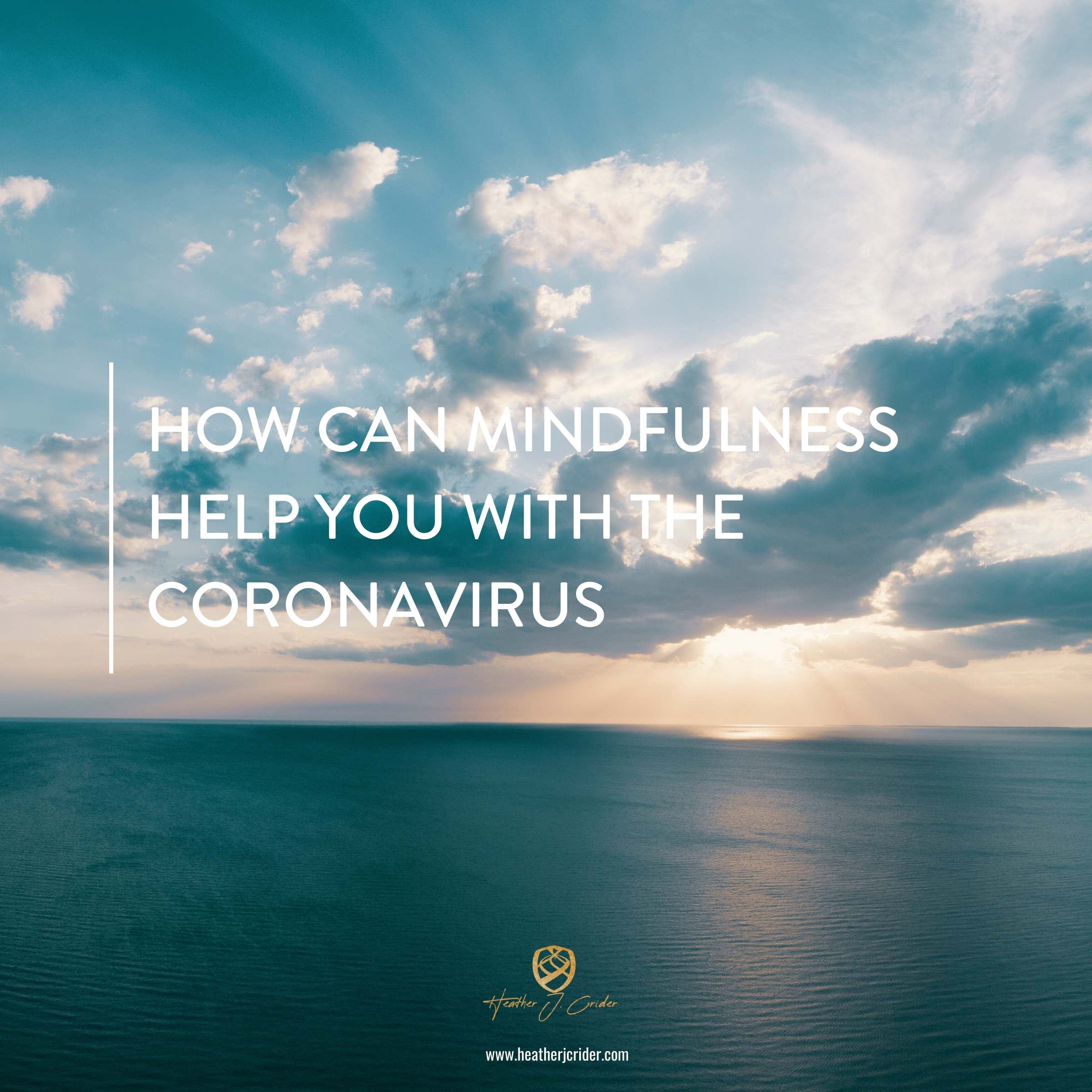By now, everyone is talking about the spread of the Coronavirus COVID19. Today alone, I have received at least nine separate emails related to its effects and what will happen with event closures, etc. For this article, I will refrain from my personal opinion on the virus and will start by saying, if anyone is affected by it in any way, I’m sorry.
The fact is, however, at this time, everyone is being affected. Trips have been canceled, events are no longer being held, and by now, many schools are closing, causing a significant amount of strain and stress on families across the nation. There is a lot of uncertainty and heaviness around what to do and what will happen. Anxiety and fear start to sit in for many. Not to mention, what do we do if stores run out of toilet paper?
It’s not a subject to make light, I realize. The stress is real right now, but what do we do?
Although 80% or more of Coronavirus cases reported are mild, it can become severe (as with many other viruses). As the Coronavirus continues to spread around the globe, I found myself compelled to shed light on positive ways we can protect our mental outlook as well as our immune systems.
Let’s start with a little history.
In the early 1900’s it became well known how the outbreak of germs caused many diseases. Although the devastating flu epidemic in 1918 killed 1 out of every 150 Americans, those that survived had a few things in common. They had a healthy diet, took time to relax and exercise, spent time outside, engaged in some meditation and prayer, and took care of basic personal hygiene. Ironically these are all recommended actions that modern health research suggests support the immune system to fight off infections such as COVID 19.
Although history is a great storyteller of what we should do and what not to do, we also know how stress affects our bodies. Stress is something that many feels is not preventable. I want to suggest that each one of us can control how we let stress affect us. Not only the effects stress has in our bodies, but how stress affects our mental outlook and overall wellbeing.
A study conducted in 2017 set out to find the effects of stress and meditation on the immune system. This study first identified how psychological stress typically triggers a fight-or-flight response (activating the amygdala), prompting the release of hormones in various parts of the body, which ultimately disturbs the microbiota and causing inflammation. In the absence of stress, healthy acids are released, creating an anti-inflammatory response. In other words, stress weakens our immune system and comprises the healthy chemicals in our bodies, making us less able to fight off infections.
Is there a secret weapon to help your immune system? Current research suggests meditation supports the immune system to fight off diseases such as COVID-19.
For definition purposes, meditation is a form of mindfulness practice. There are various types of mindfulness and meditation practices, but the overall results are similar.
The same study mentioned above concluded that meditation helps regulate the stress response, thereby suppressing chronic inflammation states. This study recommended the integration of meditation weave into conventional health care and wellness models.
Another study performed by Antoine Lutz measured how meditation reduces stress and overall reactivity in stressful situations. What he stated in this study was that experientially opening oneself to pain rather than avoiding it is said the reduce the mind’s tendency toward avoidance or anxiety, which can further exacerbate the experience of pain. This theory is a central component of mindfulness-based therapies, such as the programs and teachings I present to my clients.
What this means in real-world terms is that meditation and mindfulness practices can help reduce how the brain responds to stress—leading to improved mental states as well as physiological responses.
Why is mindfulness or meditation useful? It helps remain calm in stressful situations, provides more clarity when needing to make essential or emotional decisions, aids in the overall reduction of stress, which helps support a healthy immune system.
If you don’t know how to meditate, it’s okay. It doesn’t have to be that complicated. Just stopping for a few moments and taking a deep breath will benefit you and everyone around you. Take any moment to sit in silence and allow your mind to focus on the breath. Focusing on the breath will promote the release of healthy chemicals, providing positive effects on the entire body.
Perhaps if you haven’t taken a moment to meditate in a while, now is a good time to reestablish the habit. If you don’t know how to meditate, now is an excellent time to learn. Your body and your friends and family will thank you.
If you need additional help in learning mindfulness or meditation-based practices, reach out, and I can guide you or provide resources to help.
1Adv Mind Body Med. 2017 Fall;31(4):10-25.The Effects of Stress and Meditation on the Immune System, Human Microbiota, and Epigenetics. Househam AM, Peterson CT, Mills PJ, Chopra D.
Antoine Lutz1,3,*, Daniel R. McFarlin1, David M. Perlman1,2,3, Tim V. Salomons1,2,4, and Richard J. Davidson1,2,3
https://www.researchgate.net/publication/236906791_The_pathophysiology_of_the_hygiene_hypothesis
https://msutoday.msu.edu/_/pdf/assets/2013/hand-washing-study.pdf

Leave a reply